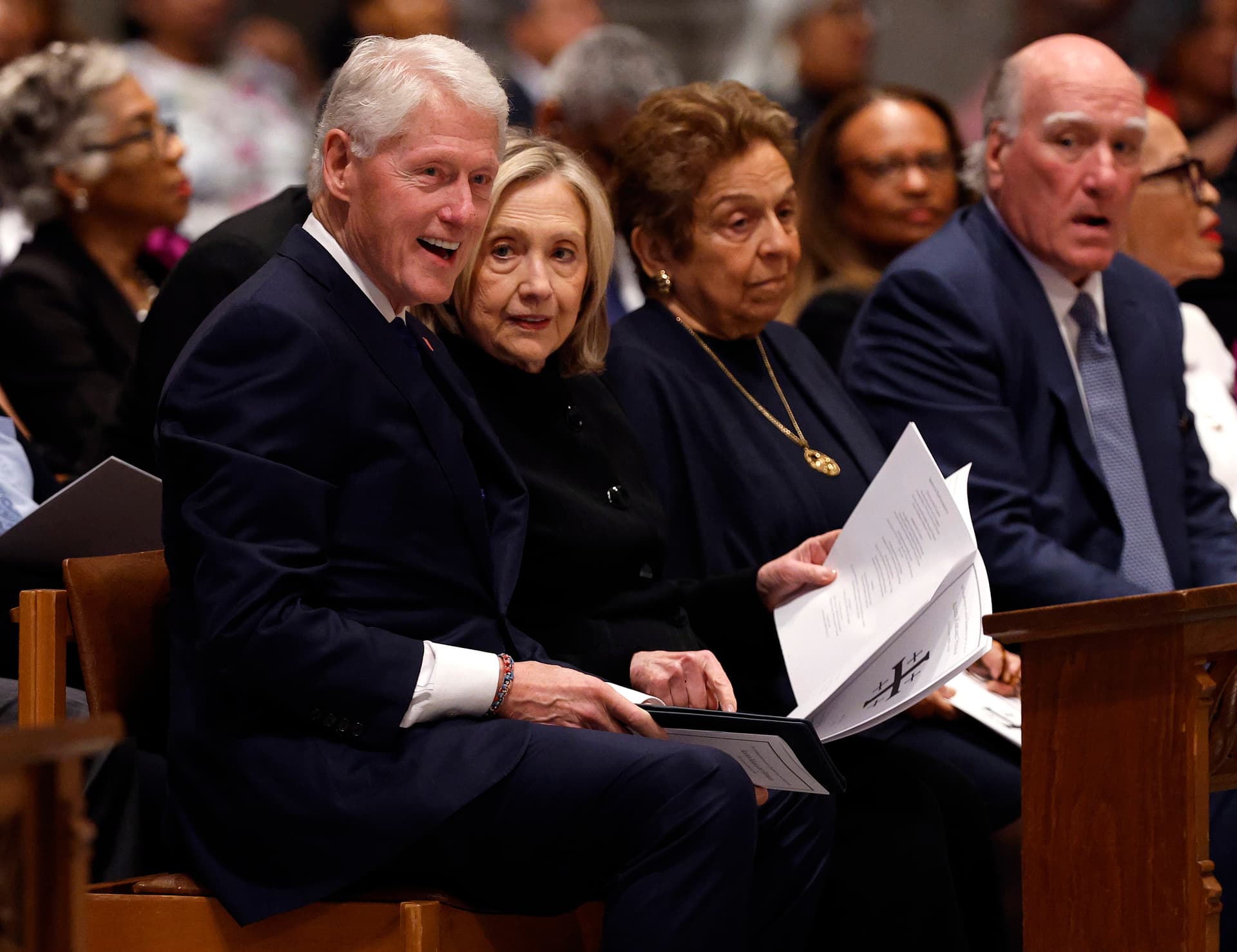
Mike Huckabee’s Zionism
By THE NEW YORK SUN
|This article is from the archive of The New York Sun before the launch of its new website in 2022. The Sun has neither altered nor updated such articles but will seek to correct any errors, mis-categorizations or other problems introduced during transfer.

$0.01/day for 60 days
Cancel anytime
By continuing you agree to our Privacy Policy and Terms of Service.
Already have an account? Sign In

By THE NEW YORK SUN
|
By MATTHEW RICE
|
By LAWRENCE KUDLOW
|
By THE NEW YORK SUN
|
By BENNY AVNI
|
By MATTHEW RICE
|
By BRADLEY CORTRIGHT
|
By MATTHEW RICE
|